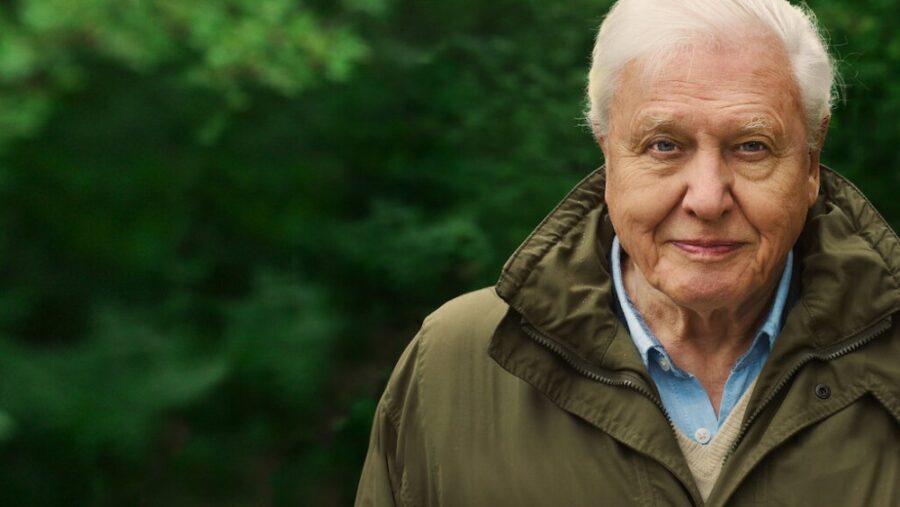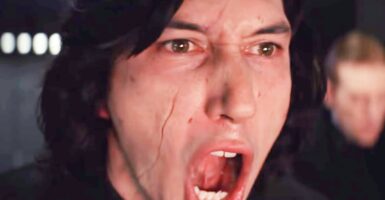David Attenborough Has Some Terrible Predictions For The Human Race

I’m a sucker for nature documentaries. I don’t know how many times I’ve watched the Planet Earth series, but that number is still sure to grow. At this point, David Attenborough’s narration is inherent in the experience of watching such a documentary.
That soft but articulate timbre, the perfectly paced cadence, the accent. Sometimes, David Attenborough actually shows up in the films, hanging out nonchalantly next to monkeys or elephants, leaning on his elbow while watching the animals feed, nurse, and hunt.
It’s almost like I’m watching a documentary of David Attenborough himself, as though he’s a native to those worlds. Suffice it to say, when Attenborough talks, I, and legions of his other fans, listen even if he gets all doom and gloom when it comes to the future of the human race.
Let’s not beat around the bush here — David Attenborough didn’t. He says in no uncertain terms that “humans are plague on Earth.” How do you really feel, Sir David?
David Attenborough also theorizes that humans have put a stop to their own physical and genetic evolution with birth control and abortion. He’s not morally opposed to those measures, but he does believe that “we stopped natural selection as soon as we started being able to rear 90-95% of our babies.” I guess he has a point.
Anyone who’s watched his nature documentaries has seen carefully tended newborns fall victim to vicious nest raiders, starvation, or cold. In the animal kingdom, offspring die—a lot. In the human kingdom (generally), they don’t. Thus, Attenborough believes that we’re screwing with natural selection.
But that’s ultimately not so bad, he says, because now our focus is on cultural evolution. Clearly, that’s true: “We can inherit a knowledge of computers or television, electronics, airplanes, and so on.” Anyone who’s ever been bested by a four-year-old on a computer knows he’s right.
David Attenborough’s just getting warmed up, though. He also delivers this cheery prediction: “Things are going to get worse.” He doesn’t think humanity will go extinct — he acknowledges that we’re too clever and resourceful for that — but he questions whether our existence will be as meaningful. And hey, if we lose a large portion of the population, “that would actually be a help,” he says.
David Attenborough is a member of Population Matters (despite what he said about birth control and abortion ending natural selection). Although he’s a supporter of careful family planning and believes that having large families isn’t in the best interest of the planet or of the human race, he’s critical of China’s one-child policy and the “degree to which it has been enforced.” But he also acknowledges that if not for the policy, there would be millions more people on the planet today.
David Attenborough sums it up this way: “I’m not particularly optimistic about the future. I think we’re lucky to be living when we are, because things are going to get worse.”
It’s not surprising that someone whose career has involved working on documentaries about animals whose numbers are dwindling due to poaching, rainforest destruction, and climate change wouldn’t be ready to pick up pompoms and cheer humanity.
Recently, David Attenborough teamed up with Bjork for a documentary that explores the connections between music, nature, and technology. That makes sense — Bjork is in many ways a rare creature whose habitat Attenborough explores with care and reverence. Also, I’d love to go drinking with those two.












